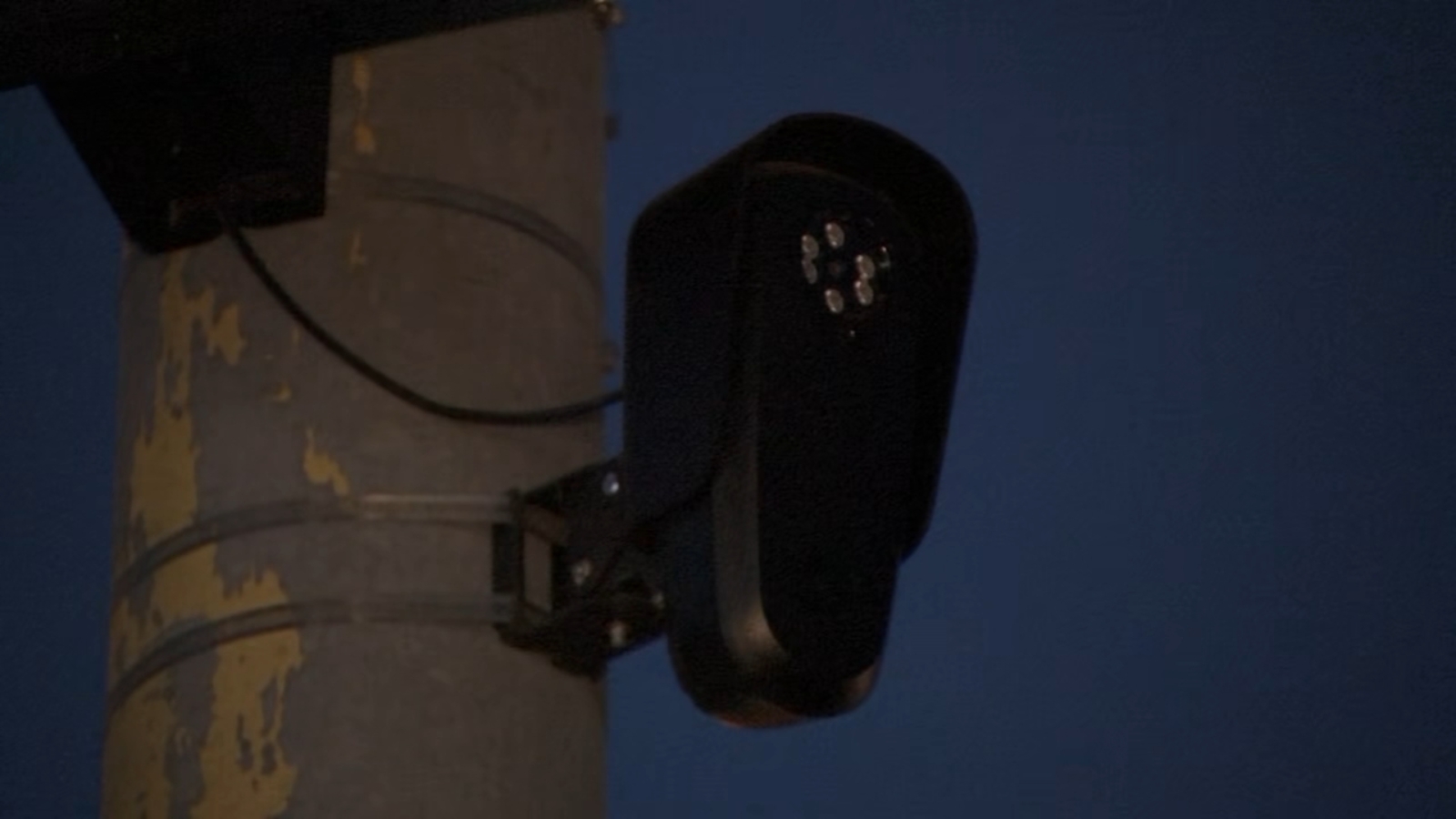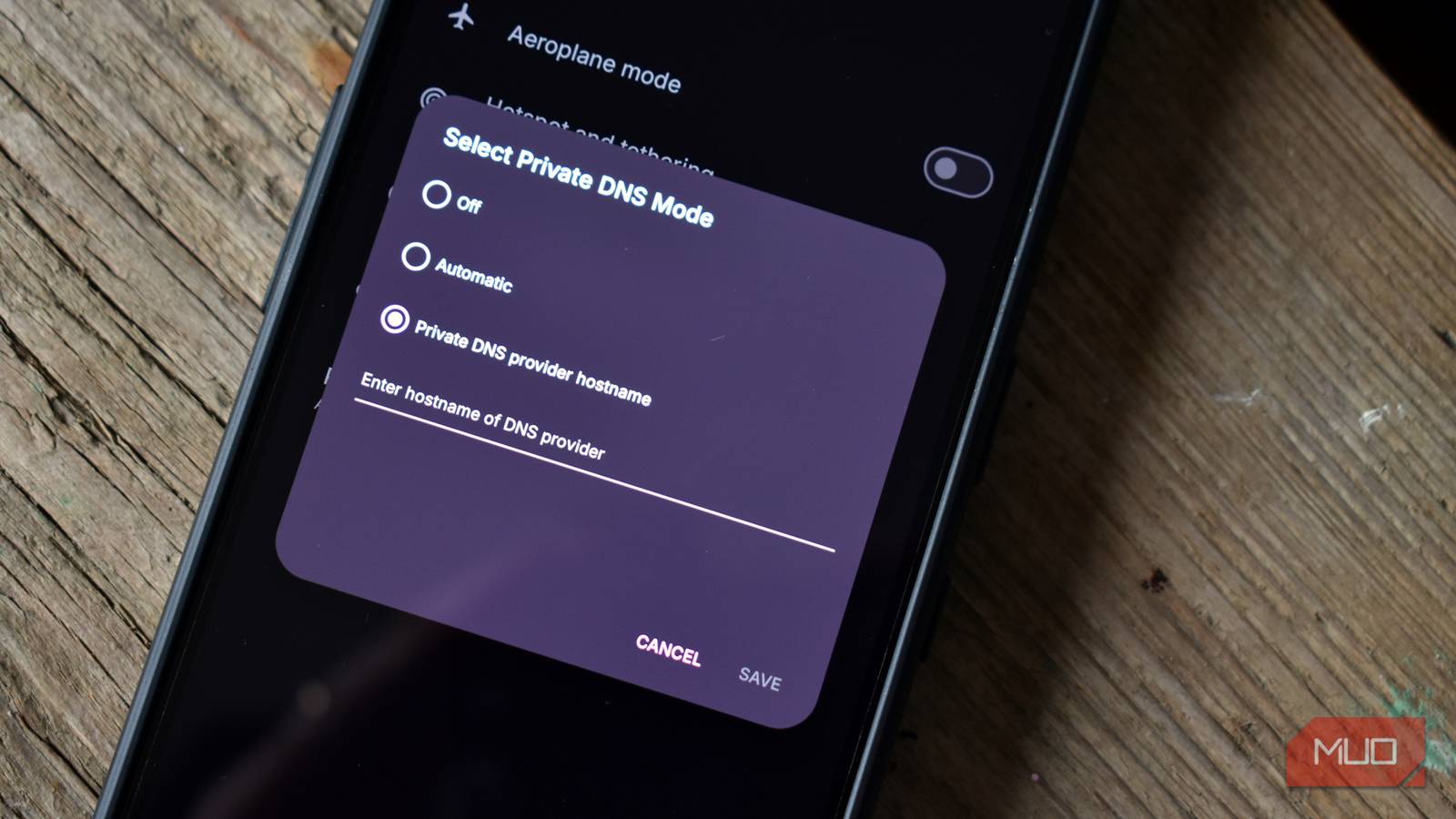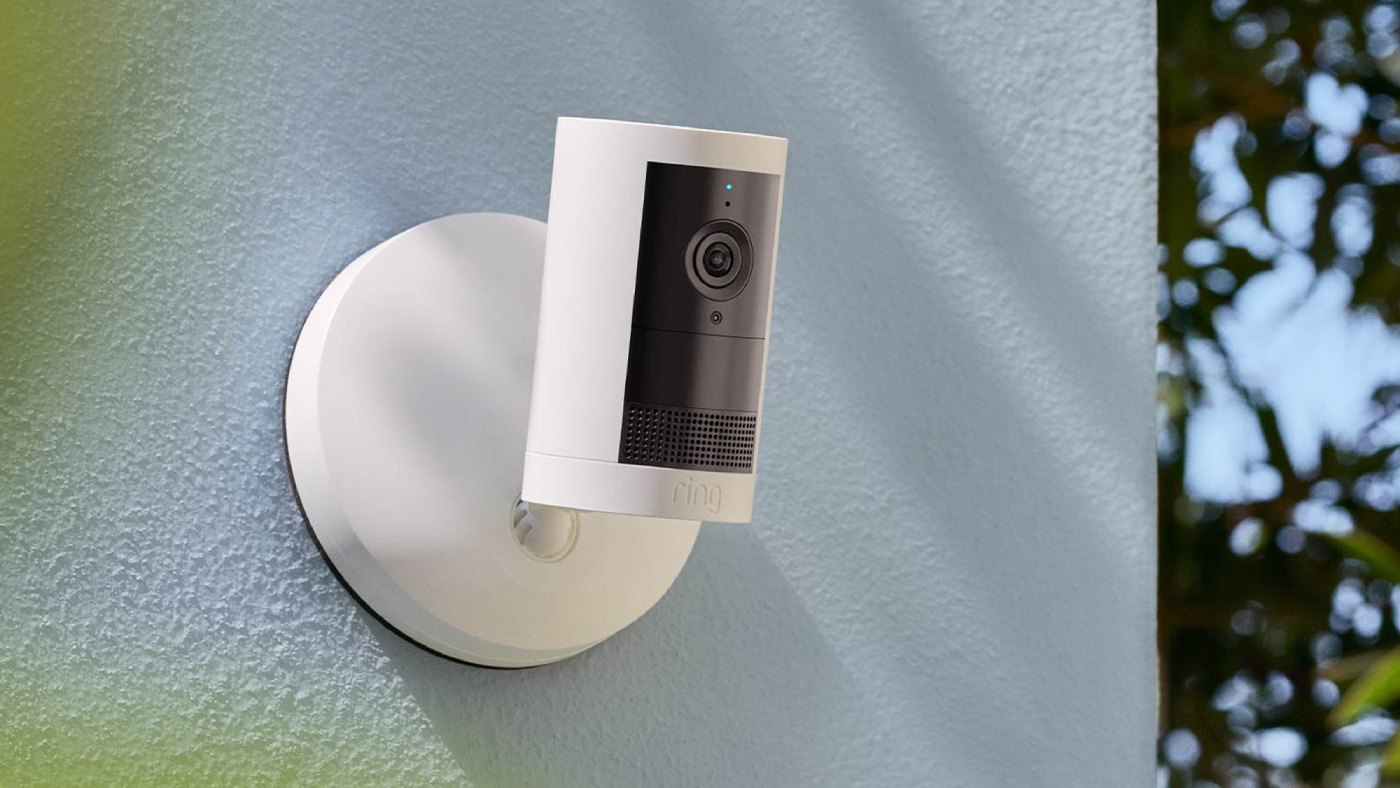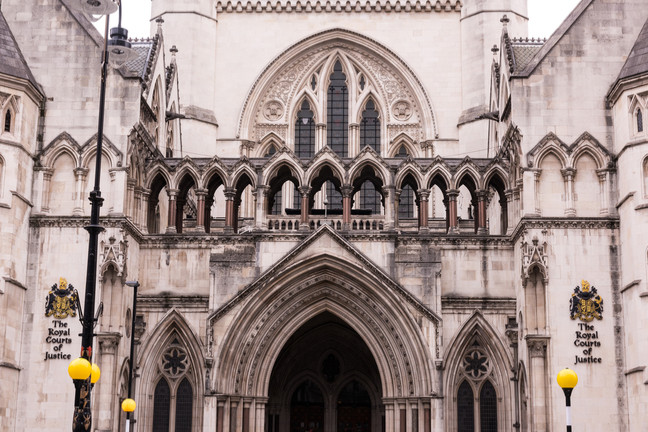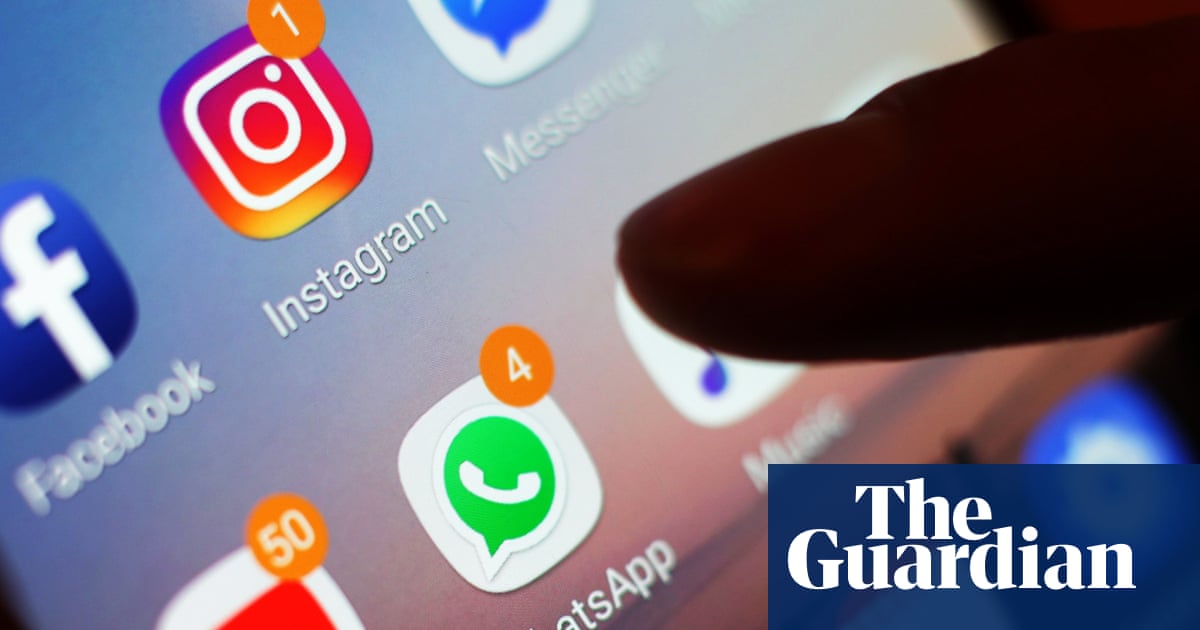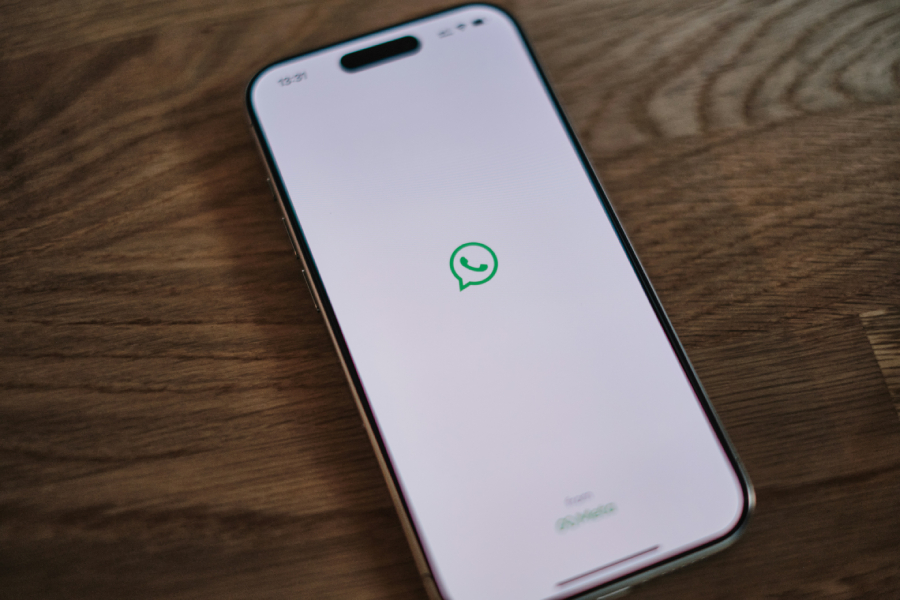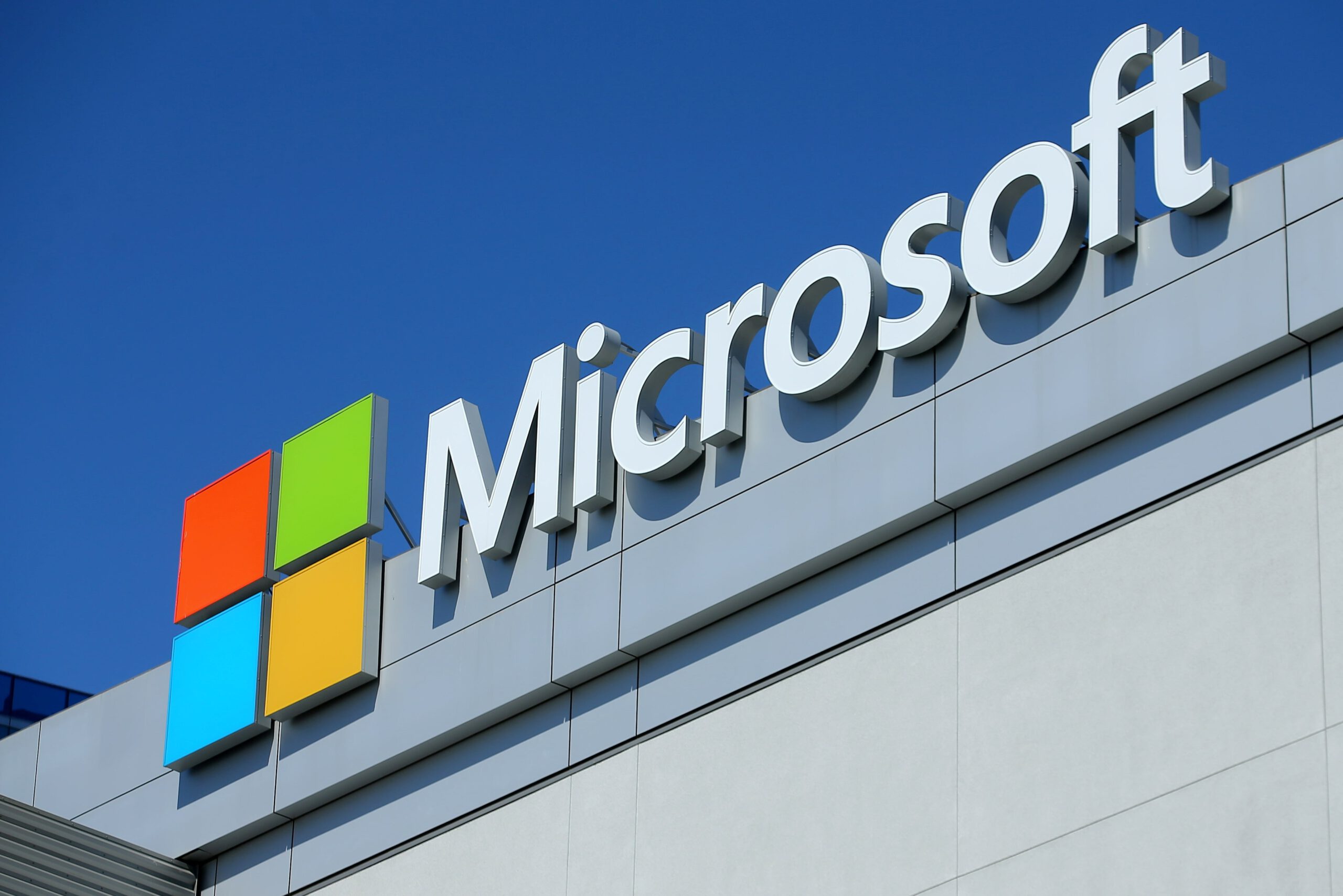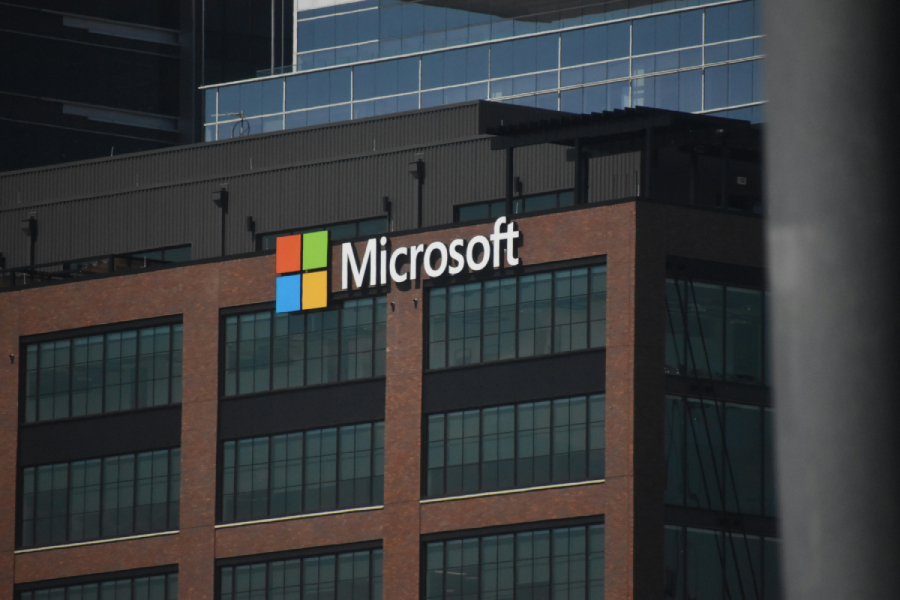Privacy technologies
Privacy technologies
[ follow ]
#privacy #cookies #javascript #bot-detection #browser-extensions #whatsapp #surveillance #facial-recognition
fromExchangewire
9 hours agoAxeptio Launches Global Privacy Control (GPC) Support to Strengthen Compliance with US Privacy Regulations
Global Privacy Control is a browser-level signal that allows users to express-prior to any interaction with a website-their decision to opt out of the sale or sharing of their personal data. To meet these evolving legal requirements, Axeptio now integrates GPC signal detection and processing through a new feature available for projects using a CCPA banner, a prerequisite for remaining compliant in the United States.
Privacy technologies
fromAxios
13 hours agoExclusive: Sen. Maggie Hassan presses AI toy company on child data privacy
Catch up quick: Researchers reported last month that bondu, an AI-powered conversational toy company, inadvertently exposed children's chat transcripts and personal data through a publicly accessible portal. Bondu, which allows parents to check their children's conversations, said it took down the exposed portal and relaunched it the next day with authentication measures, according to Wired. Driving the news: New Hampshire Senator Maggie Hassan, the ranking member of the Senate's Joint Economic Committee, is now asking bondu to explain how the exposure occurred.
Privacy technologies
fromArs Technica
4 days agoWeb portal leaves kids' chats with AI toy open to anyone with Gmail account
Earlier this month, Joseph Thacker's neighbor mentioned to him that she'd preordered a couple of stuffed dinosaur toys for her children. She'd chosen the toys, called Bondus, because they offered an AI chat feature that lets children talk to the toy like a kind of machine-learning-enabled imaginary friend. But she knew Thacker, a security researcher, had done work on AI risks for kids, and she was curious about his thoughts.
Privacy technologies
fromDataBreaches.Net
3 days agoWhen the GDPR is weaponized to shut journalists up, don't go silently into that dark night - DataBreaches.Net
In video comments, the U.S. Attorney General Pam Bondi said, "Make no mistake, under President Trump's leadership and this administration, you have the right to worship freely and safely. And if I haven't been clear already, if you violate that sacred right, we are coming after you." So people have a First Amendment right to worship that DOJ will protect, but journalists suddenly have no First Amendment right to report on issues of public interest and concern? We disagree.
Privacy technologies
fromTechRepublic
4 days agoApple Introduces New iPhone Location Privacy Setting
Your iPhone might soon stop telling your wireless carrier exactly where you're standing, and law enforcement won't like it. Apple this week began rolling out a privacy feature that lets users blur their location data before it reaches cellular networks, limiting what carriers can see to just your general neighborhood instead of your precise street address. The move comes as phone companies face mounting scrutiny over how location data gets shared with authorities and targeted by hackers.
Privacy technologies
fromMashable
5 days agoEnjoy a peaceful internet experience for life with this $20 tool
Get ready for a peaceful internet experience thanks to the AdGuard Family Plan. This tool lets you browse seamlessly by blocking all types of ads, so you can enjoy your time online with no distractions or frustrations. Not only will AdGuard provide more than your average , but it will also protect your privacy by blocking trackers, hiding your data, and stopping malware, phishing sites, and cyberattacks in their tracks.
Privacy technologies
Privacy technologies
fromTechCrunch
5 days agoApple's new iPhone and iPad security feature limits cell networks from collecting precise location data | TechCrunch
A new iPhone and cellular iPad feature limits location precision shared with carriers to protect users' privacy without affecting apps or emergency services.
fromEngadget
5 days agoAre VPNs really safe? The security factors to consider before using one
can conceal online activity that local or national governments deem illegal - up to and including, say, circumventing ID checks for age verification. Consumers aren't helped by the sheer amount of duds sold in app stores right next to the best VPNs, especially when they're purposefully exploiting moments that have people rushing to shore up their online anonymity. If you've almost decided to start using a VPN, you may be wondering if the services you're looking at are actually safe.
Privacy technologies
fromPCMAG
5 days agoDuckDuckGo Asked Its Users How They Feel About AI Search. 90% Hate It
AI in search is hard to avoid these days. Google's AI Overviews are everywhere (even in your inbox), and Microsoft has incorporated a Copilot chat option on Bing.com. Results are mixed, and hallucinations are still a problem. Large language models can help you dig deeper into a topic by asking follow-up questions, but on DuckDuckGo, it's clear that web users aren't interested.
Privacy technologies
Privacy technologies
fromFuturism
6 days agoThe Worst People Alive Are Obsessed With Meta's Video Recording Glasses
Smart glasses enable stealthy recording that amplifies harassment, privacy violations, and exploitative social-media stunts, empowering creeps like pickup artists and content creators targeting vulnerable people.
Privacy technologies
fromTechCrunch
6 days agoSamsung teases new privacy feature to hide your Galaxy phone screen from onlookers | TechCrunch
Samsung will add a customizable privacy screen to Galaxy phones that blocks onlookers from viewing selected on-screen content, likely debuting on the Galaxy S26 Ultra.
fromEngadget
6 days agoWindscribe review: Despite the annoyances, it has the right idea
Windscribe is a virtual private network (VPN) with intense "How do you do, fellow kids?" energy. It has servers in 69 countries and an annual plan that costs $69, an obsession with the sex number that rivals Elon Musk's. I'm shocked that it doesn't have a subscription costing $4.20 per month. But there's another side to Windscribe's cringe: an obsession with independence and a Bernie Sanders-like anger on behalf of an exploited public.
Privacy technologies
Privacy technologies
fromFast Company
1 week agoThis new privacy-focused phone service is designed to keep your phone from getting hacked
Cape is a US-wide privacy-focused cellphone carrier that prevents SIM swapping and IMSI-catcher surveillance while minimizing customer data collection and encrypting voicemails.
Privacy technologies
fromSocial Media Today
1 week agoUS Attorneys General Call on X to Address Sexualized Deep Fakes
xAI's Grok enabled and encouraged creation of non-consensual intimate images, prompting attorneys general to demand immediate, additional protections for users, especially women and girls.
fromZDNET
1 week agoHow to disable ACR on your TV (and why doing so makes such a big difference)
To understand how ACR works, imagine a constant, real-time Shazam-like service running in the background while your TV is on. It identifies content displayed on your screen, including programs from cable TV boxes, streaming services, or gaming consoles. ACR does this by capturing continuous screenshots and cross-referencing them with a vast database of media content and advertisements. According to The Markup, ACR can capture and identify up to 7,200 images per hour, or approximately two images every second.
fromemptywheel
1 week agoWhat Is DOJ Really After in Raiding Hannah Natanson? - emptywheel
After consulting Post lawyers, I developed what we felt was the safest possible sourcing system. If I planned to use someone in a story, I asked them to send me a picture of their government ID, then tried to forget it. I kept notes from reporting conversations in an encrypted drive, never writing down anyone's name. To Google-check facts and identities, I used a private browser with no search history. I retitled every Signal chat by agency - "Transportation Employee," "FDA Reviewer," "EPA Scientist" -
Privacy technologies
fromZDNET
1 week agoI used one simple script to remove AI from popular browsers (including Chrome and Firefox)
I do not want AI in my web browser. I just don't. I also don't want companies collecting information about me, or sponsored content and product integrations. All those bits make me want to pull my hair out. I like my privacy and want to browse, you know, the old-fashioned way. I do use AI (on occasion), but only locally-installed AI and only for specific purposes (such as learning Python or researching a topic when I don't want to use a standard search engine).
Privacy technologies
[ Load more ]
